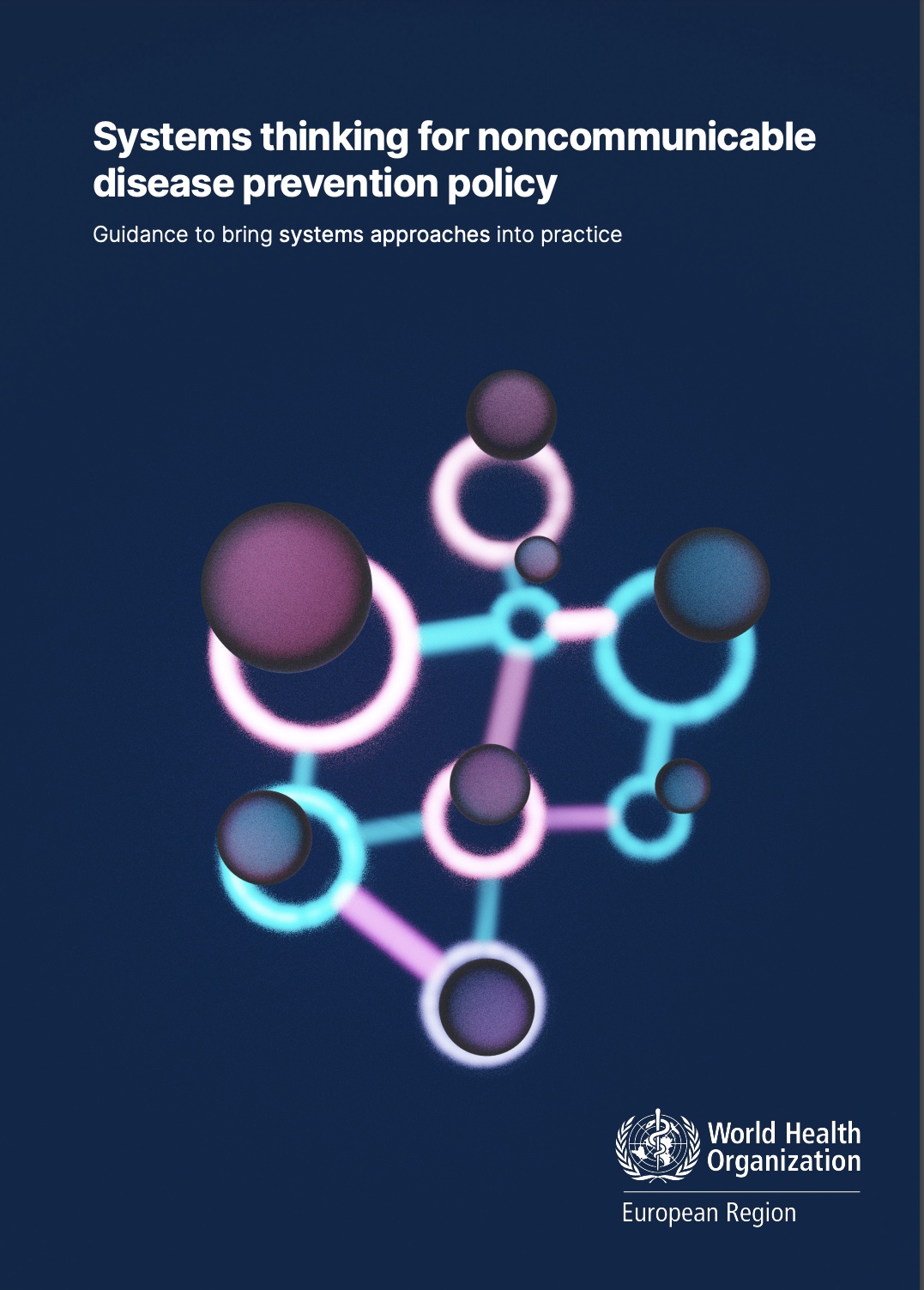Systems thinking is a comparatively novel but rapidly developing area of knowledge that can offer a number of approaches to address complex public health problems such as the prevention of noncommunicable diseases (NCDs). The use of systems approaches can potentially contribute to the development of effective evidence-informed policies, encourage stakeholder involvement in the decision-making process and improve the coherence of policy implementation. This guidance provides a comprehensive overview of the systems approaches that can be applied to the different stages of the policy cycle:
problem identification and policy analysis;
policy development;
policy implementation; and
policy monitoring, enforcement and evaluation.
Several systems approaches used throughout the policy process are illustrated with a list of comprehensive case studies that demonstrate practical applications in NCD prevention policy. The guidance also includes a practical decision aid based on the benefits and limitations of each approach. By weighing resource considerations and potential benefits, this decision aid is designed to support the selection of an appropriate approach when considering incorporating systems thinking into the policy cycle.


